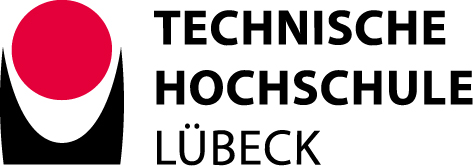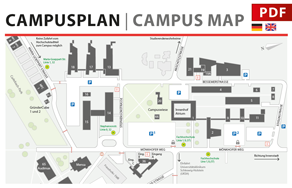Research Laboratory of Functional Nanomaterials for Renewable Energy Generation and Photonics
Third party funded research project:
“Functionalized algae-based dyes for photovoltaic applications”
(„Funktionalisierte Farbstoffe aus Mikroalgen für Solarzellen“, SolarAlgen)
Funding agency: Gesellschaft für Energie und Klimaschutz Schleswig-Holstein GmbH (EKSH)
Duration: April 2021 till March 2023
Partners: TH Lübeck (experiment), HAW Hamburg (theory)
Description: The goal of the project is to develop efficient solar cells for renewable energy generation using organic and sustainable green pigments extracted from Baltic Sea microorganisms. In short, such devices realize a manmade version of photosynthesis which has been mastered by the life on our planet for approximately the last 3.5 billions of years.
Such devices are called dye-sensitized solar cells and typically achieve only low efficiencies while expensive, non-renewable, artificial, and toxic photoactive materials. Our project attempts to remedy these difficulties by obtaining help from small but clever single cell helical cyanobacteria Arthrospira. The corresponding green dye is called tetrapyrrole.
Their application in solar cell devices is yet largely unexplored and require systemic basic research. The scientific agenda of the project is thus threefold.
First, in a very fruitful collaboration with our industry partner Sea & Sun Technology GmbH from Trappenkamp, Schleswig-Holstein (Germany), the algae are naturally grown and pre-processed. Subsequently, the dyes are extracted and chemically modified in order to maximize their photovoltaic potential.
In the second step, the prepared pigments are used to fabricate solar cell modules. They undergo photovoltaic characterization, in particular concerning the quantum efficiency, spectral sensitivity, and electric properties. The measurements are performed using a specialized solar simulator (a highly stable and gauged lamp imitating the sun) in laboratory as well as in the field over long time period using the real sun, in order to probe stability of the generators under real-life conditions.
The experimental studies are performed at Technische Hochschule Lübeck (Profes. Nadine Buczek und Mark Elbing) and guided using high performance computer-based quantum simulations in the group of Prof. Paweł Buczek at Hamburg University of Applied Sciences.
- Solar Decathlon 2022
The Solar Decathlon Europe 21 (SDE21) is the university competition for sustainable building and living in cities.
Groups  of students from architecture and engineering programs design inhabitants-friendly, innovative, beautiful, and energy neutral houses. The next competition is taking place in Wuppertal, Germany.
of students from architecture and engineering programs design inhabitants-friendly, innovative, beautiful, and energy neutral houses. The next competition is taking place in Wuppertal, Germany.
Technische Hochschule Lübeck (Prof. Heiner Lippe from the Department of Architecture and Civil Engineering and Prof. Nadine Buczek - head of the laboratory of functional nanomaterials) in collaboration with Hamburg University of Apllied Sciences (group of Prof. Paweł Buczek) and a network or international partners, among others Istanbul Technical University, Turkey, takes part in the enterprise as well.
The particular focus lies in the energetic efficiency of the developed building. Needless to say, it is going to be lighted and heated using renewable energy sources and its construction will be sustainable and minimize the carbon dioxide footprint. The project has fostered an interdisciplinary team of architects, engineers, physicists, biologists, and designers devoted to improving the quality of city-live and minimization of the environmental impact of housing.



